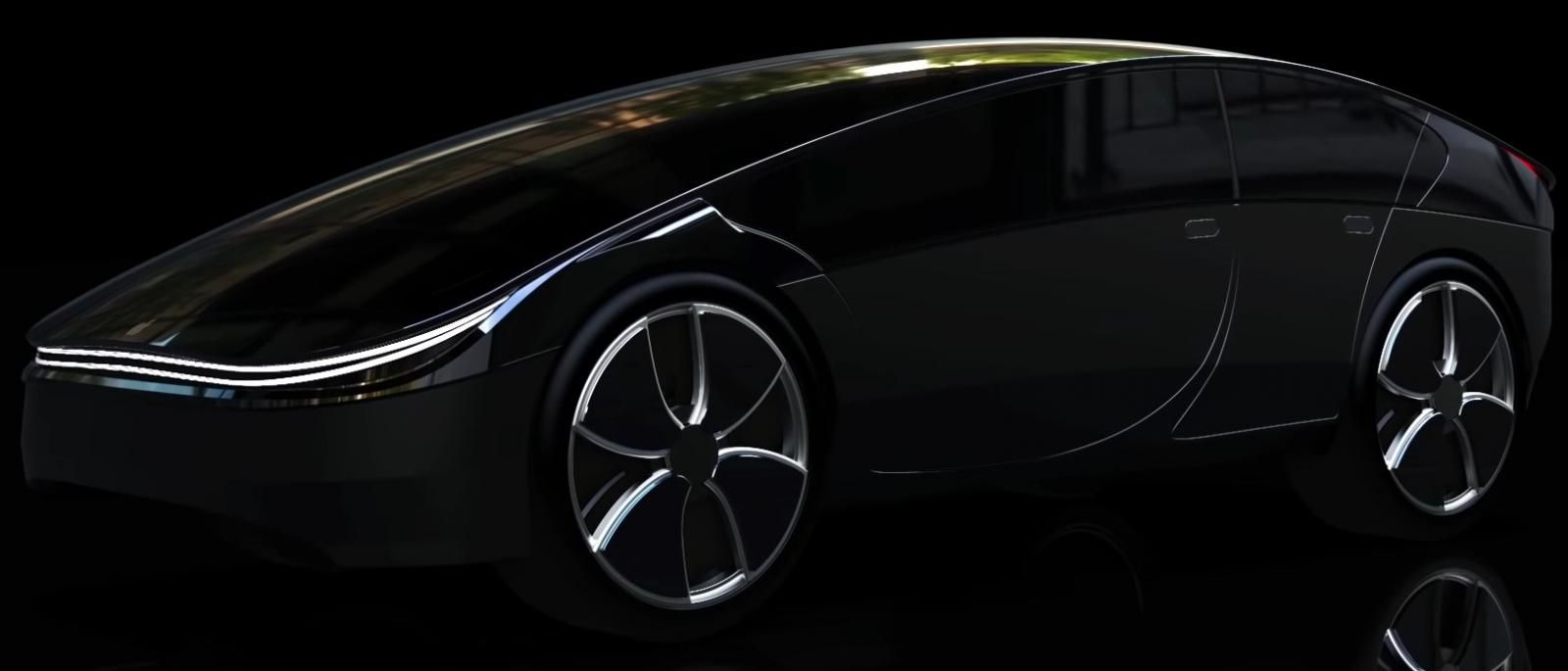Less than a month ago, Hyundai confirmed that Apple is indeed working on its own electric car project. Since then, multiple reports have claimed that Apple is joining hands with Hyundai for its highly-anticipated automobile, but there have also been reports of a schism between Hyundai executives over the collaboration with Apple. Now, TF Securities Ming-Chi Kuo – who has a solid track record when it comes to Apple-related predictions – has shed more light on the company’s partnership with the South Korean automobile giant.
As per an investor note that was accessed by AppleInsider, Kuo mentioned that the Apple Car will be based on Hyundai’s E-GMP platform for electric vehicles that was showcased last year. He adds that production will be handled by Hyundai’s Kia subsidiary, while the responsibility of component designing and production will be shouldered by Hyundai Mobis.
As per Kuo's estimate, Apple's electric car won't hit the road until until 2025
More importantly, Kuo anticipates that the Apple Car likely won’t hit the road until 2025. Additionally, the first Apple automobile willl reportedly be priced significantly higher than a regular electric vehicle. This falls in line chatter going around in the industry that Apple’s electric car will be a high-end machine, and not necessarily a mass-market vehicle. Here’s what Kuo wrote in his investor note:
|
“Apple’s deep collaboration with current automakers (Hyundai Group, GM, and PSA) who have extensive development, production, and qualification experience will significantly shorten the Apple Car development time and create a time-to-market advantage. We believe that Apple will leverage current automakers’ resources and focus on self-driving hardware and software, semiconductors, battery-related technologies, form factor and internal space designs, innovative user experience, and the integration with Apple’s existing ecosystem.” |
Apple Car won’t be a mass-market electric vehicle
Apple will rely heavily on outsourcing from established names in the automobile industry
Kuo mentions that Apple will source manufacturing and assembly hardware to other established names in the automobile industry. In the past, experts have also predicted the outsourcing route for Apple, as creating a robust supply chain for an automobile is way more complex compared to consumer electronics such as phones, tablets, and computers.
That is primarily because a car is made up of a lot more parts than a smartphone, and add to it a lot more intensive R&D process followed by rigorous testing and certification hassles. And if Apple aims to meet its production goal – which according to a Reuters report will begin in 2024 – then the company will have to leverage the expertise and experience of veteran players in the automobile industry.

